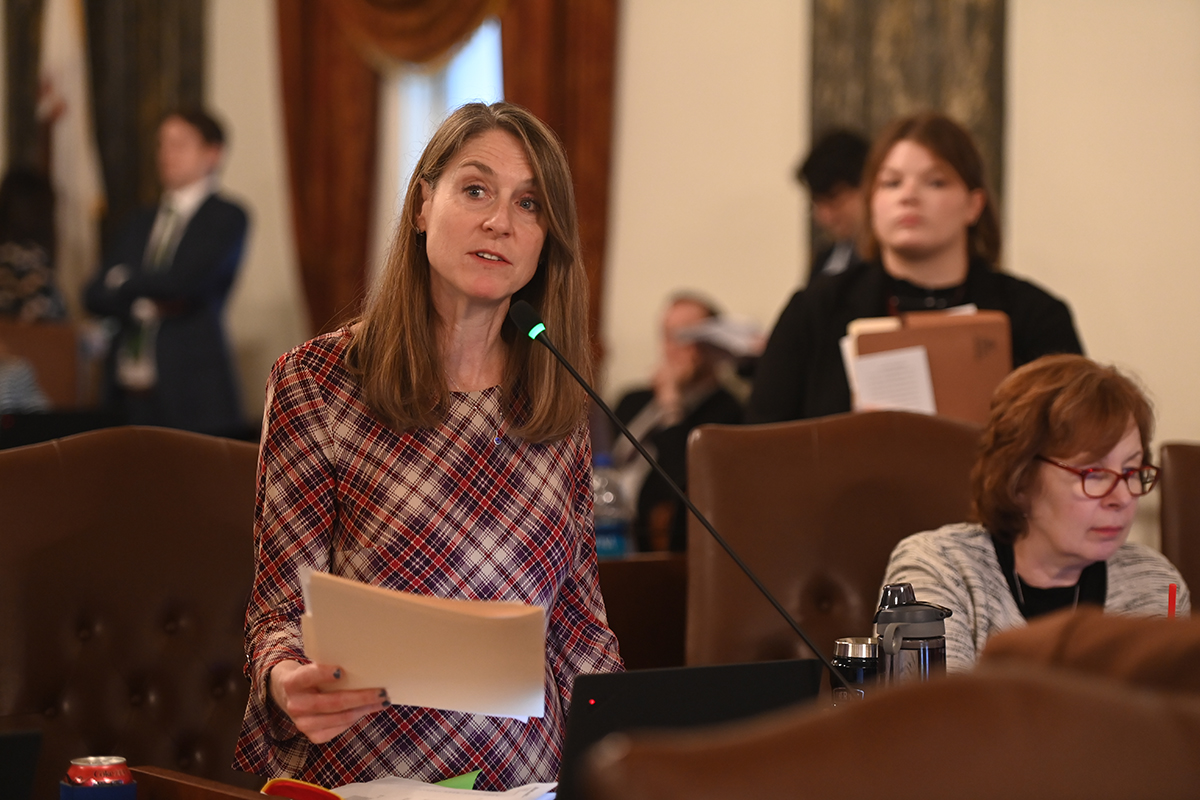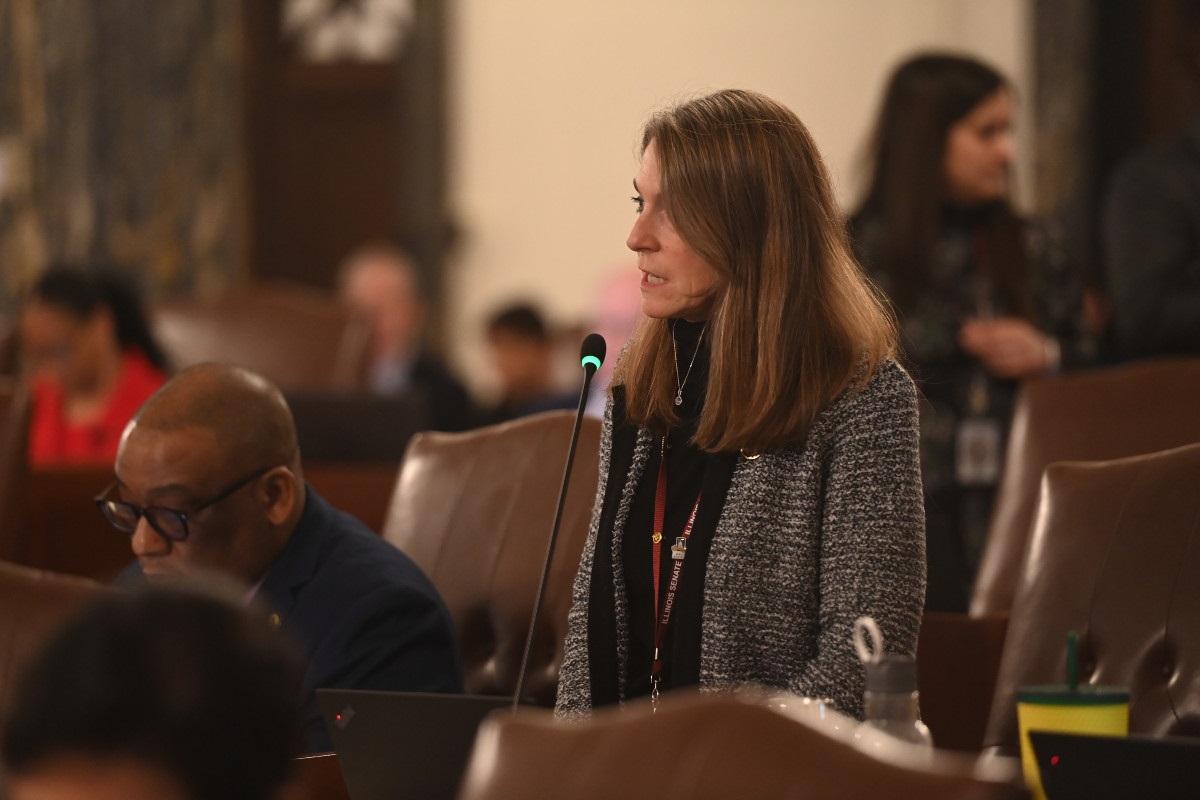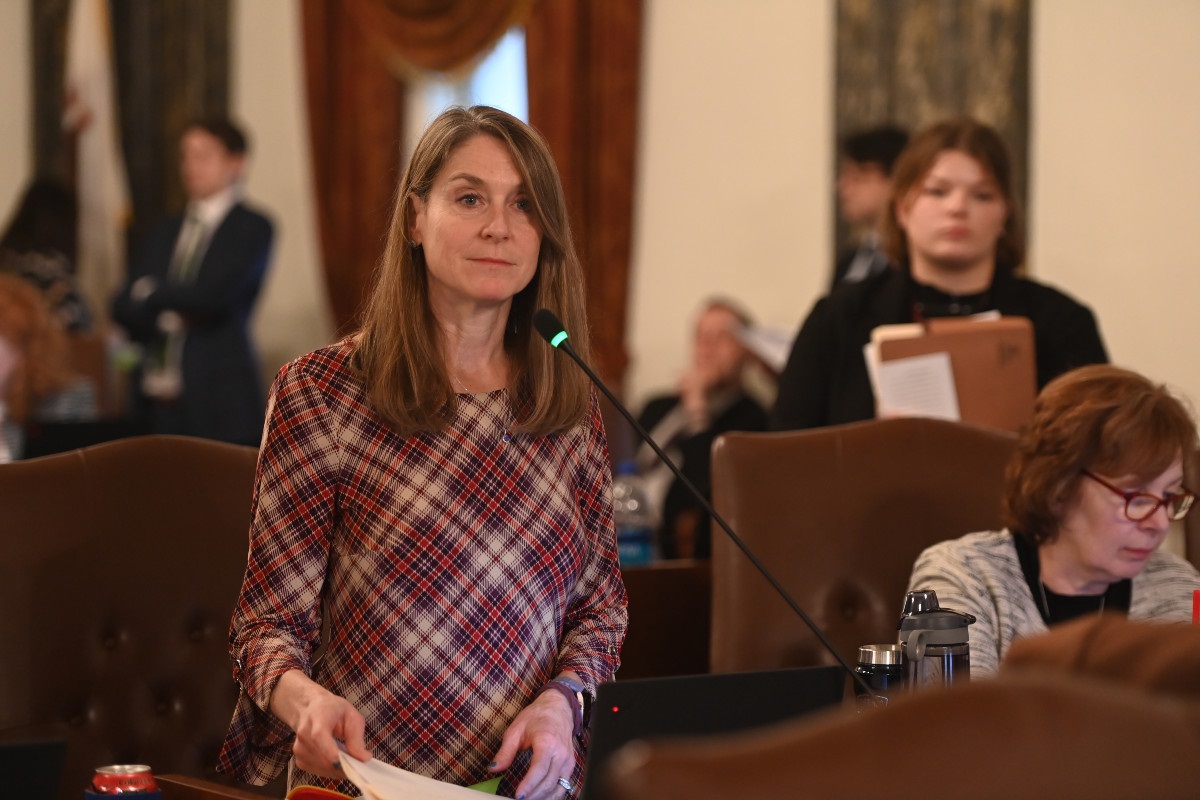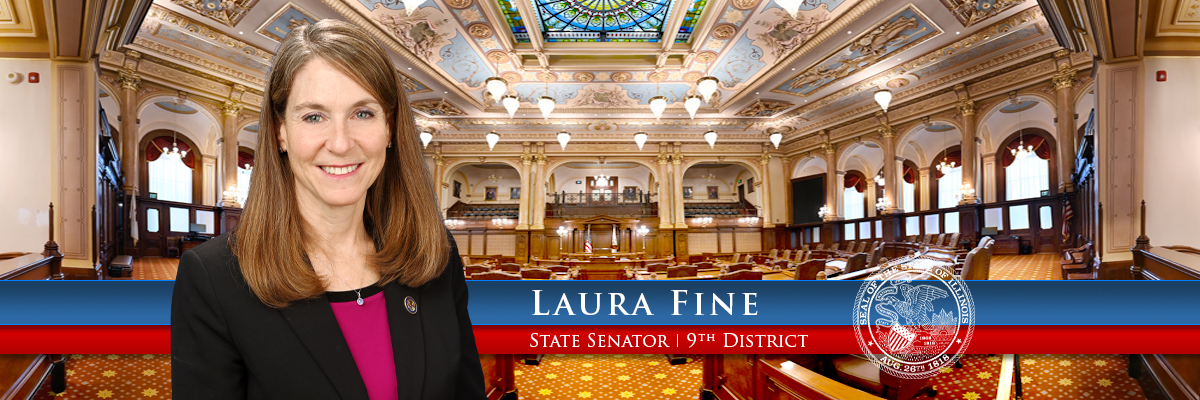- Details
- Category: Press Releases

SPRINGFIELD – Obtaining official transcripts can be a roadblock for college and university students across Illinois if they owe a past-due debt to the institution, which can hamper their efforts to pursue post-graduate opportunities. State Senator Laura Fine’s legislation, which would make official transcripts more accessible to students, passed the Senate on Friday.
“Students need their transcripts for a myriad of reasons after they graduate, including seeking employment to pay off their student debts. Without access to their transcript, they can lose out on many opportunities and take even longer to repay any debts they owe the university,” said Fine (D-Glenview). “This initiative would give students the opportunity to pursue more post-grad opportunities and address their student debts quicker.”
Senator Fine, a former college instructor, is a longtime advocate of supporting university students working to pay off their student debt. Last year, she passed legislation prohibiting universities from withholding transcripts from students with a past-due debt if the transcript is needed for a job application. This ensured students would be able to use their hard-earned transcripts to find a well-paying job, from which they could repay their debts to the university and pursue a career best suited to the skill set they developed in college.
- Details
- Category: Press Releases

SPRINGFIELD –Cosigners to private student loans may find themselves in a difficult financial position if they are unaware the student they signed for is behind on his or her payments. These cosigners will be better protected under legislation sponsored by State Senator Laura Fine. Under this bill, they will be alerted if student borrowers are not paying off their loan and will have more options before incurring the borrower’s debt.
“Cosigning a student loan may seem like a formality, but can quickly become a massive financial responsibility,” said Fine (D-Glenview). “By requiring more transparency between the primary borrower and cosigner on the borrower’s ability to pay throughout the life of the loan, cosigners will have more options if the student falls behind on payments.”
Before this initiative, private education loan lenders were not required to update the cosigners on the borrower’s progress repaying the loan. This led many cosigners to be blindsided by the sudden financial responsibility of paying off the borrower’s debt, as well as the negative impact of the loan on their own credit score and limited refinancing options.
Read more: Senator Fine leads effort to protect student loan cosigners
- Details
- Category: Press Releases

SPRINGFIELD –To ensure state operations are prioritizing environmental sustainability and not contributing to degradation, State Senator Laura Fine is leading an initiative to limit the consumption of single-use plastic foodware by state agencies over the next year.
“We need to be more conscious of how we use and dispose of single-use plastics and the impact they have on our environment,” said Fine (D-Glenview). “Illinois state agencies should be the role model of transitioning to sustainable, environmentally-friendly foodware.”
Single-use plastics, disposable packaging and other items are designed to be used only once and then discarded. Unlike refillable and reusable foodware, single-use plastics consume a significant amount of energy, water and natural resources to serve a customer for just a few minutes. While some of these products are recyclable, many are not disposed of properly and are processed as trash, resulting in them being burned or left as litter. They then end up polluting lakes, rivers and waterways, and harming our ecosystem.
- Details
- Category: Press Releases

SPRINGFIELD – State Senator Laura Fine’s proposed pilot program to provide first responders with 8-milligram naloxone kits to prevent overdose from opioids passed the Senate on March 23 —making it one step closer to becoming law.
“Increasing the dosage of naloxone will allow medical professionals more time to save lives,” said Fine (D-Glenview). “This is the best next step to preventing more devastation and loss of life due to opioid and drug addiction in our communities.”
In 2021, more than 3,000 people in Illinois died from an opioid overdose. Although emergency medical providers have access to 4-milligram naloxone nasal spray kits, that isn’t always strong enough to reverse an overdose.
To increase access to this essential treatment, Senate Bill 1402 would start a two-year pilot program through the Department of Human Services to provide FDA-approved 8-milligram naloxone nasal spray kits to licensed community substance use providers and public health departments in Cook, DuPage, Winnebago, Sangamon and St. Clair counties.
More Articles …
- Senator Fine advocates for universities to provide more accessibility resources to students with disabilities
- Senator Fine fights opioid epidemic, plans to distribute naloxone nasal kits to prevent overdose
- Senator Fine to make higher education transcripts more accessible
- Senator Fine and Representative LaPointe respond to DHS plan to improve Choate Mental Health Center
Page 30 of 77







